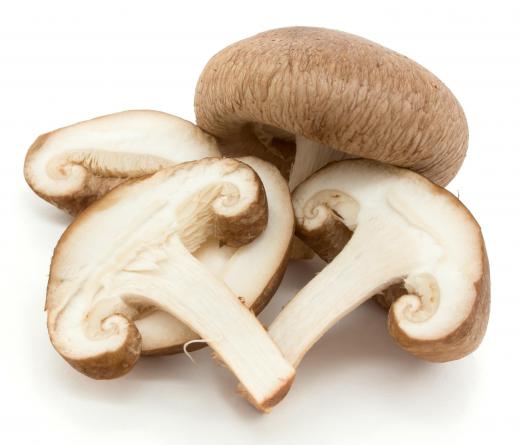What is Trehalose?
Trehalose is an unusual disaccharide — a compound composed of two sugars; the sugars in trehalose are both glucose. Starch is also a disaccharide of glucose, but unlike starch, the glucose units in trehalose are combined in an alpha linkage, which is an unusual type of chemical bonding. It makes this compound non-reducing and remarkably stable to high temperatures and acidic conditions, properties atypical for most sugars. It also acts as an antioxidant. Trehalose is about half as sweet as glucose and is broken down to glucose by the enzyme trehalase.
The primary function trehalose is known for in biology is to protect organisms that contain large amounts of it from extreme temperatures and drying out. Trehalose was originally identified from a fungal infection on rye, and first isolated from a substance made by weevils. It is found in animals, plants, bacteria, and fungi.

Trehalose is very effective at retaining water, and this property is thought to enable certain organisms to survive dessication, or drying out. This property is known as anhydrobiosis. The larvae of sea monkeys, for example, are able to seemingly miraculously spring back to life upon the addition of water. This is thought to happen because trehalose has acted as a gel and maintained the three dimensional structure of the lipid and protein structures of the cell by surrounding them throughout the drying period and while the animals are rehydrated, enabling them to maintain their internal 3-D structure. A similar situation is thought to exist for the resurrection moss Selaginella.

Only a very small amount of the human diet includes trehalose, and what people do eat is obtained primarily from mushrooms. A small percentage of the population lacks the ability to make the enzyme trehalase, and thus cannot break down trehalose. These people can become ill after eating certain mushrooms such as Shitake which contain trehalose. This condition is less common than lactose intolerance.

The stability, mild sweetness, and water-retaining ability of trehalose make it appealing for a variety of commercial applications in the food, cosmetic, and pharmaceutical industries. It is used as a preservative for foods and to minimize harsh flavors and odors. It is used as a moisturizer in cosmetics, and in research to stabilize proteins and lipids. It is also used to protect organs for transplants.

There is consumer interest in trehalose as an alternative to sugar as a sweetener. It does not raise blood sugar levels as much as sugar and is considered more natural than the synthetic alternatives, so it is appealing to diabetics. Trehalose has also shown promise in model systems for treating neurodegenerative diseases such as Alzheimer's and Huntington's Disease.
AS FEATURED ON:
AS FEATURED ON:
















Discuss this Article
Post your comments